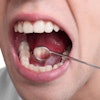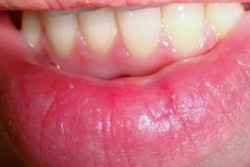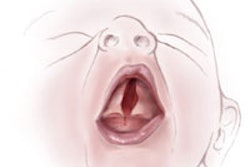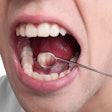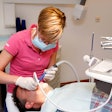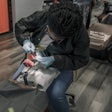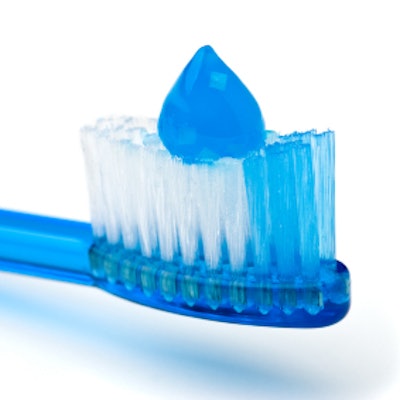
What's getting in the way of children born with a cleft lip or palate having better oral health? A new study examined the experience of toothbrushing in these children and their families, and found that, despite good intentions, they encountered some obstacles to maintaining consistent effective oral health routines.
Researchers conducted interviews with children born with cleft lip or palate and their parents about the child's toothbrushing habits. While strongly motivated to have their children brush, the parents encountered various obstacles in doing so. They published their findings in BMC Oral Health (August 24, 2017).
"Many parents of children with cleft lip and/or palate are trying their best to care for their children's teeth," lead study author Yin-Ling Lin, PhD, DrBicuspid.com. "If dental clinicians can understand what the obstacles are and work with parents and their children to overcome them, that will be one way to bridge the gap between parents' intentions and behavior in caring for their children's oral health."
Lin is a lecturer in qualitative research methods in the division of dentistry at the University of Manchester in the U.K.
This is the way we brush our teeth
One in 700 babies is born with cleft lip or palate, which can affect speech, hearing, psychosocial health, and oral health, according to published studies. Poor oral health may compromise future dental treatment for these children. While caries prevention is an important issue to families of these children, less is known about toothbrushing habits in these children and their parents' involvement in this activity.
So researchers conducted a qualitative study to better understand the problems that children born with cleft lip or palate and their parents face in establishing and maintaining effective toothbrushing routines. They wanted to obtain information to help design effective interventions.
Two researchers conducted semistructured interviews with 22 parents and 16 children ages to 5 to 11 from one cleft center in U.K.
Three main themes emerged from the responses:
“Additional support to bridge the gap between intentions and behavior can be helpful for families of children with a cleft lip and/or palate.”
- Parents generally had strong motivation to look after their children's teeth, but children's motivation was inconsistent.
- Parents were the primary enablers of their children's toothbrushing behavior and often used approaches adapted to their child's characteristics.
- Parents and children encountered many obstacles to maintaining regular toothbrushing routines, such as issues related to cleft lip or palate, "forgetting," and childhood illness.
Children's motivations to take care of their teeth generally related to social acceptability and not the impact it might have on future treatment. Parents' motivations were avoiding tooth decay in their children and the facilitation of future treatments.
Treatments and misaligned teeth related to cleft lip or palate posed challenges to maintaining good oral health in some children, while others experienced pain related to this condition and related medical procedures that made toothbrushing more difficult.
Some children and adults mentioned "forgetting" to brush teeth, which sometimes related to time constraints and also to conscious decisions to skip brushing, as well as actual memory failures.
"We think additional support to bridge the gap between intentions and behavior can be helpful for families of children with a cleft lip and/or palate," Lin told DrBicuspid.com.
Open to interpretation
The authors acknowledged a few areas of caution in interpreting the study results:
- More than half of people asked to participate in the study did, which suggests that participants were motivated to share their experiences with researchers and that those less comfortable doing so were excluded.
- Participants were recruited from only one cleft treatment center in the U.K., so caution should be used in applying the findings more widely.
- All children chose to be interviewed with their parents, and this may have influenced the responses they provided.
The researchers are now conducting a study in which they are using implementation intentions to help parents and these children develop plans to overcome oral health-related obstacles in the context of demanding and dynamic family life.
The authors wrote that dentists and dental team members should be aware that parents are highly motivated to maintain good oral health in their children but are not always able to do so because of other commitments. This is important for the dental team to remember, Lin noted.
"Parents of children with cleft lip and/or palate can be overwhelmed by the information provided by their cleft team, as well as by their midwives and health visitors when the baby was first born," Lin said. "So it might be useful for dental health practitioners to remind them of the best practices to care for their children's teeth in subsequent visits."
